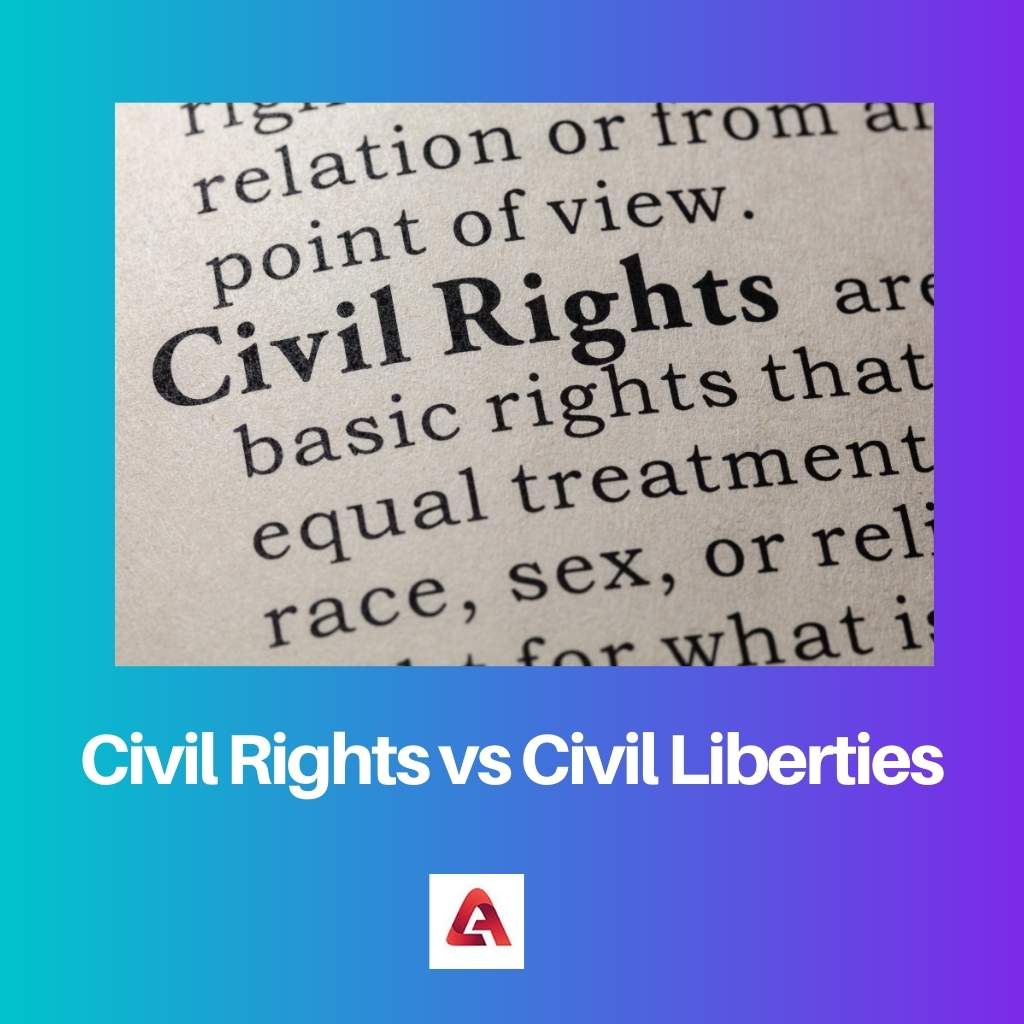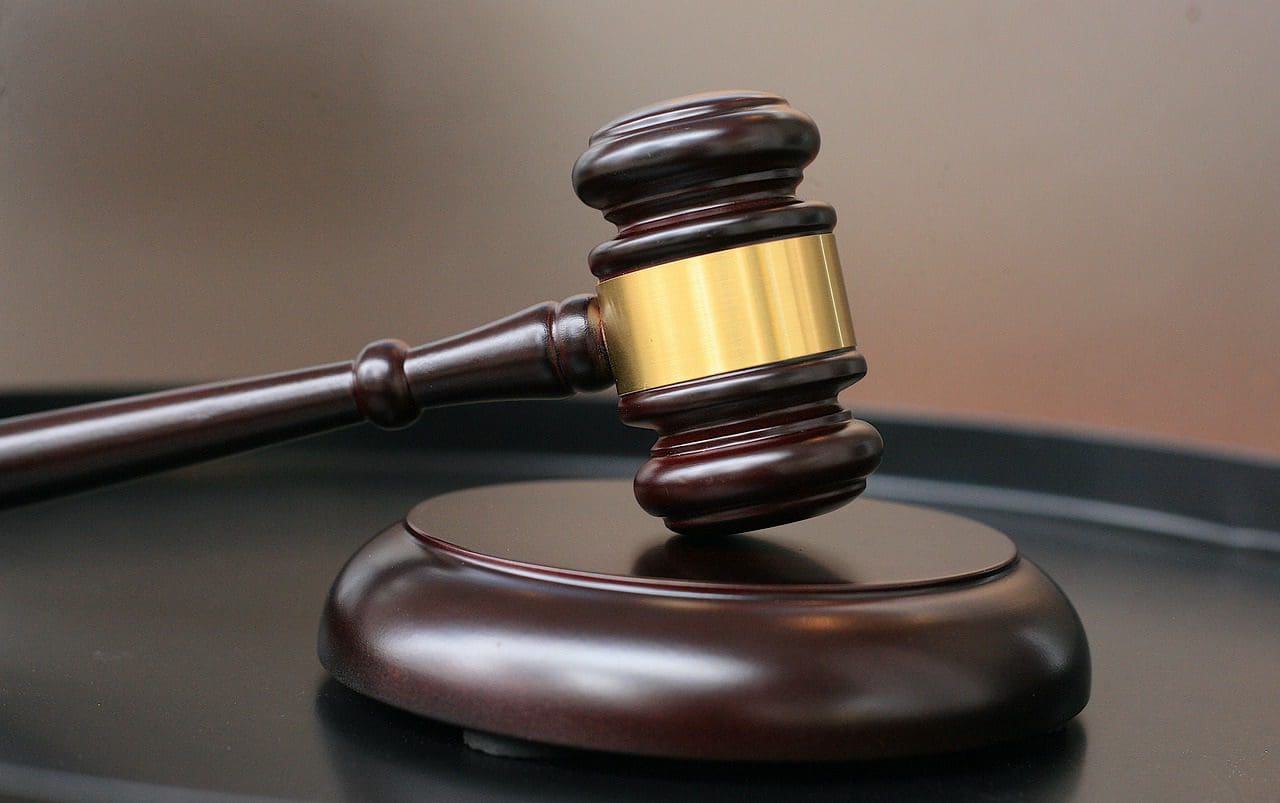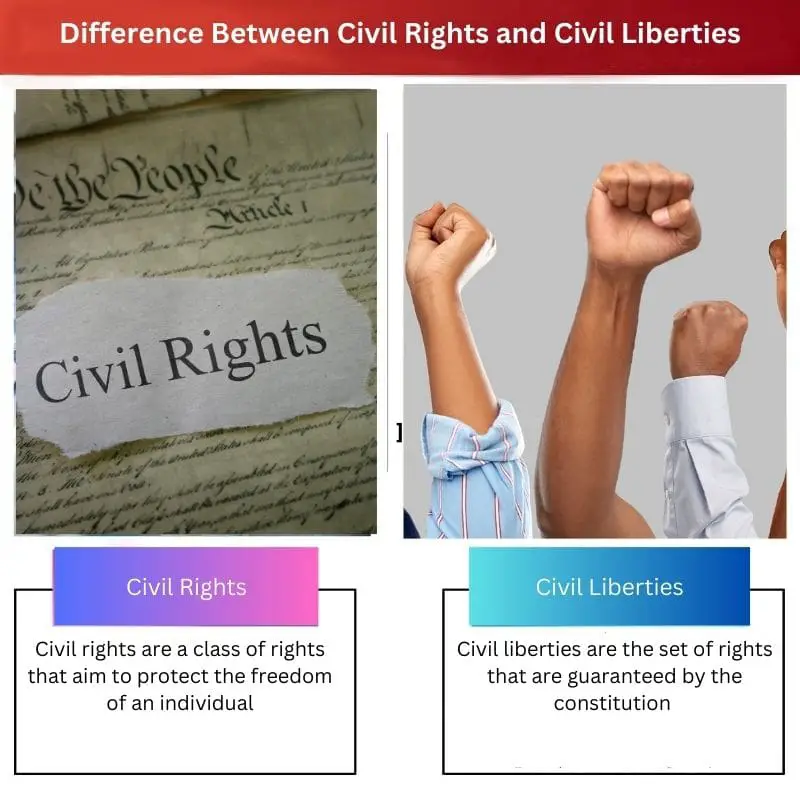Every individual has certain rights and responsibilities. These rights provide freedom and opportunity to individuals and maintain peace and harmony within the nation.
Every government offers different kinds of guaranteed protection. The two main sets of freedoms that are used interchangeably are Civil rights and Civil liberties.
Key Takeaways
- Civil rights protect individuals from discrimination and ensure equal treatment under the law.
- Civil liberties safeguard personal freedoms from government intrusions, such as free speech and the right to privacy.
- Both concepts are essential for maintaining a just and democratic society, but civil rights focus on equality, while civil liberties emphasize individual autonomy.
Civil Rights vs Civil Liberties
Civil rights are a set of rights that focus on protecting an individual’s freedom, and is concerned about the treatment of people based on certain rights. Civil liberties are a class of rights that are guaranteed by the Constitution and are focused on the actual basic freedom of people.

Civil rights are claims that can be built upon the legislation. Any violation of civil rights can lead to legal action. Civil rights are most commonly associated with the protection of groups that are a minority in nature.
Such minority groups can be Hispanics, African Americans, and discrimination against women. All civil rights are protected by the 14th Amendment.
On the other hand, civil liberties are freedoms that are constitutionally, judicially, and legislatively protected. They cannot be taken away without any due process.
Only during a state of emergency they can be suspended for a definite period. Civil liberties are expanded to cover actions by the process of selective incorporation.
Comparison Table
| Parameters of Comparison | Civil Rights | Civil Liberties |
|---|---|---|
| Definition | Civil rights are a class of rights that aim to protect the freedom of an individual | Civil liberties are the set of rights that are guaranteed by the constitution |
| Concern | Treatment of an individual regarding certain rights | Actual basic freedom |
| Type of rights offered | Broad-based rights | Protective aspect of rights with certain characteristics |
| Authority | Claims can be built upon legislation | Constitutionally protected |
| Examples | Right to vote, right time public education, right to government services, right to use public facilities, and right to a fair trial | Right to own property, right to bodily integrity, right to marry, right to travel freely, right to bear arms, right to defend oneself, freedom of speech and expression |
What is Civil Rights?
Civil rights are a pivotal constituent of democracy. They are a class of rights that aim to protect the freedom of an individual. No government or social organization can infringe on the freedom provided to individuals.
Equal participation and social opportunities are provided through civil rights. Civil rights form an integral part of international human rights.
“Civil rights” is a phrase that has been translated from a Latin phrase called ‘jus civis’. Civil rights ensure equal protection and opportunities under the law irrespective of the race, sex, religion, region, or other characteristics of the individual.
Civil rights are secured through legislation.
The rights are guaranteed by the central or state-level power and authority and do not have any international standard. Every individual who has been discriminated against based on any factor would receive full equal citizenship.
There have been numerous movements for civil rights. These include the American civil rights movement, the movement in Northern Ireland in the 1960s led by the Roman Catholic, and movements against apartheid and Dalits.
Examples of civil rights include the right to vote, the right to public education, the right to government services, the right to use public facilities and the right to a fair trial.
Any individual who is being denied any social opportunity, he/she is being of their civil rights. This denial has been the cause of several movements.

What is Civil Liberties?
Civil liberties are the set of rights that are guaranteed by the Constitution. They refer to the natural rights that are inherited by an individual. These rights are fundamentally from the First Amendment.
Civil liberties function as restraints that the government imposes on its citizens.
Civil liberties make every individual free. Civil liberties cannot be taken away by the government without due process.
But in case of an emergency in the country, like any medical emergency or war emergency, civil liberties can be restricted to fit the situation. Such tailoring of liberties does not last infinitely and is done only during emergencies.
Civil liberties refer to the freedom guaranteed by the Constitution, judicial decisions, legislation, and other authority. They include all the basic rights.
They can be explicitly defined by the Bill of Rights and the Constitution or by the legislatures and courts through years of interpretation.
Examples of civil liberties are the right to own property, right to bodily integrity, right to marry, right to travel freely, right to bear arms, right to be free from self-incrimination, right to defend oneself, right to be free from unreasonable searches of your home, freedom of speech and expression, freedom of the press, and rights of the accused.

Main Differences Between Civil Rights and Civil Liberties
- Civil rights refer to the positive actions of the government to create equality for every citizen, while civil liberties refer to protections against government actions.
- Civil rights are basic rights to be free from discrimination, while civil liberties are basic freedom of every individual.
- Civil rights include rights of how an individual should be treated while civil liberties are guaranteed by the constitution.
- Civil rights cannot be taken away in any condition, while civil liberties can only be taken away during a state of emergency.
- Civil rights cannot be changed or modified, while civil liberties can sometimes be overturned by the Court.

- https://heinonline.org/hol-cgi-bin/get_pdf.cgi?handle=hein.journals/chknt54§ion=25
- https://books.google.com/books?hl=en&lr=lang_en&id=xfITCgAAQBAJ&oi=fnd&pg=PP7&dq=civil+rights+and+civil+liberties&ots=pk4jopgW9O&sig=Rj-jY65HSAYBXBSZOdmQIWeOUSs
- https://www.jstor.org/stable/1073565

‘The comparison table effectively highlights the key differences, making it easier to comprehend.’
‘The comprehensive explanation of civil liberties really delves into the fundamental principles and nature of these rights.’
‘Indeed, the description was thorough and informative.’
‘It’s quite intriguing to learn about how civil liberties can be legally restricted in emergency scenarios.’
‘I believe that the protection of both civil rights and civil liberties is a testament to the emphasis on preserving democratic ideals.’
‘It’s perplexing to witness the magnitude of discrimination against minority groups even though civil rights laws seek to protect them.’
‘Absolutely, the law isn’t always able to fully eradicate discrimination.’
”Every individual deserves to be treated equally regardless of their race, sex, or religion. Civil rights and civil liberties are essential to uphold the foundation of justice and democracy.”
‘Such a well-articulated comparison between civil rights and civil liberties. It’s crucial for people to understand the distinction and value of each.’
‘Exactly, these are fundamental for society to thrive.’
‘It’s disheartening to witness the struggle of minority groups while we strive to achieve equality.’
‘Certainly, the fight for equality is ongoing and deeply rooted.’
‘The movements for civil rights have significantly shaped history and propelled important social change efforts.’
‘Indeed, the impact of these movements is immense.’